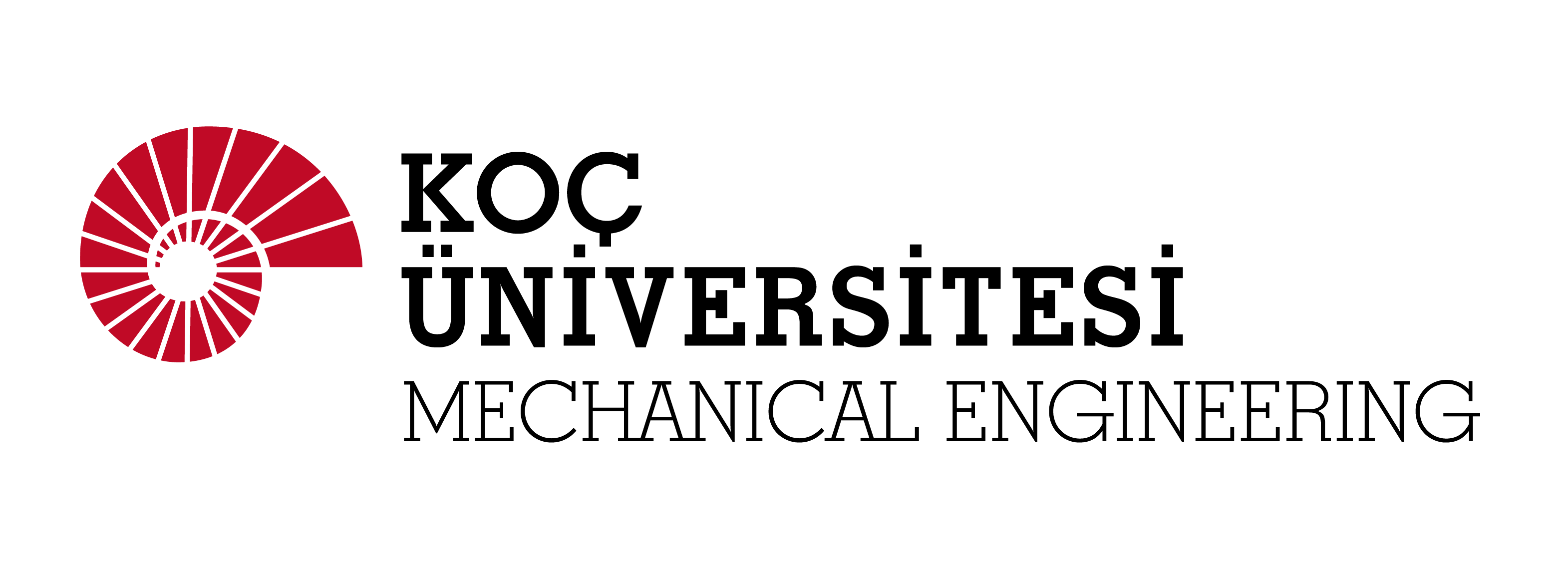MECHANICAL ENGINEERING MS THESIS DEFENSE BY BERKAY TERZİ
Title: Design, Analysis and Testing of Cryogenic Centrifugal Pump for Hybrid Rocket Applications
Speaker: Berkay Terzi
Time: June 21, 2023, 15:00
Place: Hybrid Meeting
Thesis Committee Members:
Assoc. Prof. Arif Karabeyoğlu (Advisor, Koç University)
Prof. Metin Muradoğlu (Koç University)
Prof. Onur Tunçer (Istanbul Technical University)
Abstract:
Chemical rockets are one of the biggest and most critical sub-group of rocket systems and undertake the task of being backbone of the space industry. The dangerous working environment of solid fuels and the complexity and expensiveness of liquids have turned the attention to hybrid rocket systems, which are simpler and more cost-effective solution among chemical rocket propulsion types. In hybrid rocket systems, the oxidizer which is in liquid phase must be transferred into the combustion chamber, where the solid fuel is located, with a certain flow rate and pressure. The feed system that will do this process is very crucial in rocket science as it will directly affect the thrust performance of the rocket system.
The liquid oxidizer can be transferred to the combustion chamber using either high-pressure gas or a pump. In the high-pressure gas feeding method, the cold inert gas is used to pressurize the liquid oxidizer to the targeted pressure and the pressurized oxidizer is pushed into the combustion chamber. Although this method is cheap and simple, it results in a rocket system with a very high structural weight, as the elements of the feeding system are exposed to high pressure. Due to its high structural weight, this feeding system is generally used in small and medium sounding rocket systems and is not suitable for flight for large systems because it increases the structural weight too much. Contrary to this feeding system, feeding the oxidizer with a pump will only leave certain elements under high pressure. Thus, the latter method reduces the structural weight and increases thrust-to-weight ratio of rocket systems. Even for large-scale systems the use of pump as a pressurizing element is necessary to make the rocket suitable for high ΔV missions. Additionally, thrust profile is improved because the blow-down effect is minimized with the pump supplying the oxidizer with a constant flow rate.
The first goal of this thesis is to design a small-scale centrifugal pump to pressurize LOX to be used in a hybrid rocket system. This pump system, which is manufactured with appropriate techniques, has been tested with water and LOX and the results are compared with CFD result. After the reliability tests of the system, static hot-firing test is carried out with a small-scale hybrid motor with paraffin fuel and the performance of the hybrid engine system is evaluated. A new pump has been designed to be used in the feeding system of a large-size hybrid rocket system with experience gained from the small-size pump design process. CFD analysis of the large-scale pump along with an appropriately sized hybrid rocket motor performance analysis have been performed. Another hybrid rocket system with a high-pressure gas feeding system with the same total impulse is designed to compare the performances of both pressurization system methods. Therefore, a detailed simulations of entire feeding systems have been made. The simulation results are compared to a pressure-fed hybrid rocket system with the same total impulse, and it is observed that the use of pumps in the feed system significantly reduces the structural weight and improves ΔV performance of the hybrid rocket.
